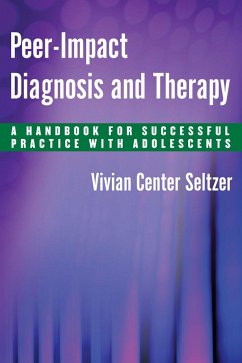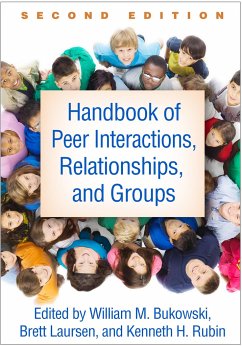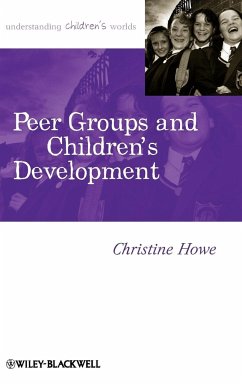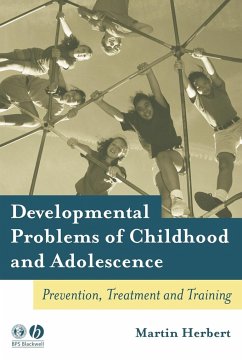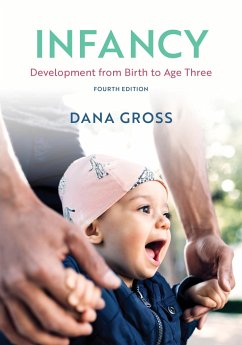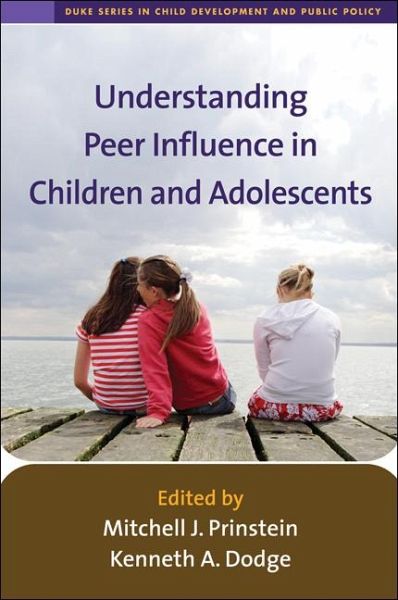
Understanding Peer Influence in Children and Adolescents
Versandkostenfrei!
Versandfertig in über 4 Wochen
61,99 €
inkl. MwSt.

PAYBACK Punkte
31 °P sammeln!
Scientists, educators, and parents of teens have long recognized the potency of peer influences on children and youth, but until recently, questions of how and why adolescents emulate their peers were largely overlooked. This book presents a comprehensive framework for understanding the processes by which peers shape each other's attitudes and behavior, and explores implications for intervention and prevention. Leading authorities share compelling findings on such topics as how drug use, risky sexual behavior, and other deviant behaviors "catch on" among certain peer groups or cliques; the soc...
Scientists, educators, and parents of teens have long recognized the potency of peer influences on children and youth, but until recently, questions of how and why adolescents emulate their peers were largely overlooked. This book presents a comprehensive framework for understanding the processes by which peers shape each other's attitudes and behavior, and explores implications for intervention and prevention. Leading authorities share compelling findings on such topics as how drug use, risky sexual behavior, and other deviant behaviors "catch on" among certain peer groups or cliques; the social, cognitive, developmental, and contextual factors that strengthen or weaken the power of peer influence; and the nature of positive peer influences and how to support them.



